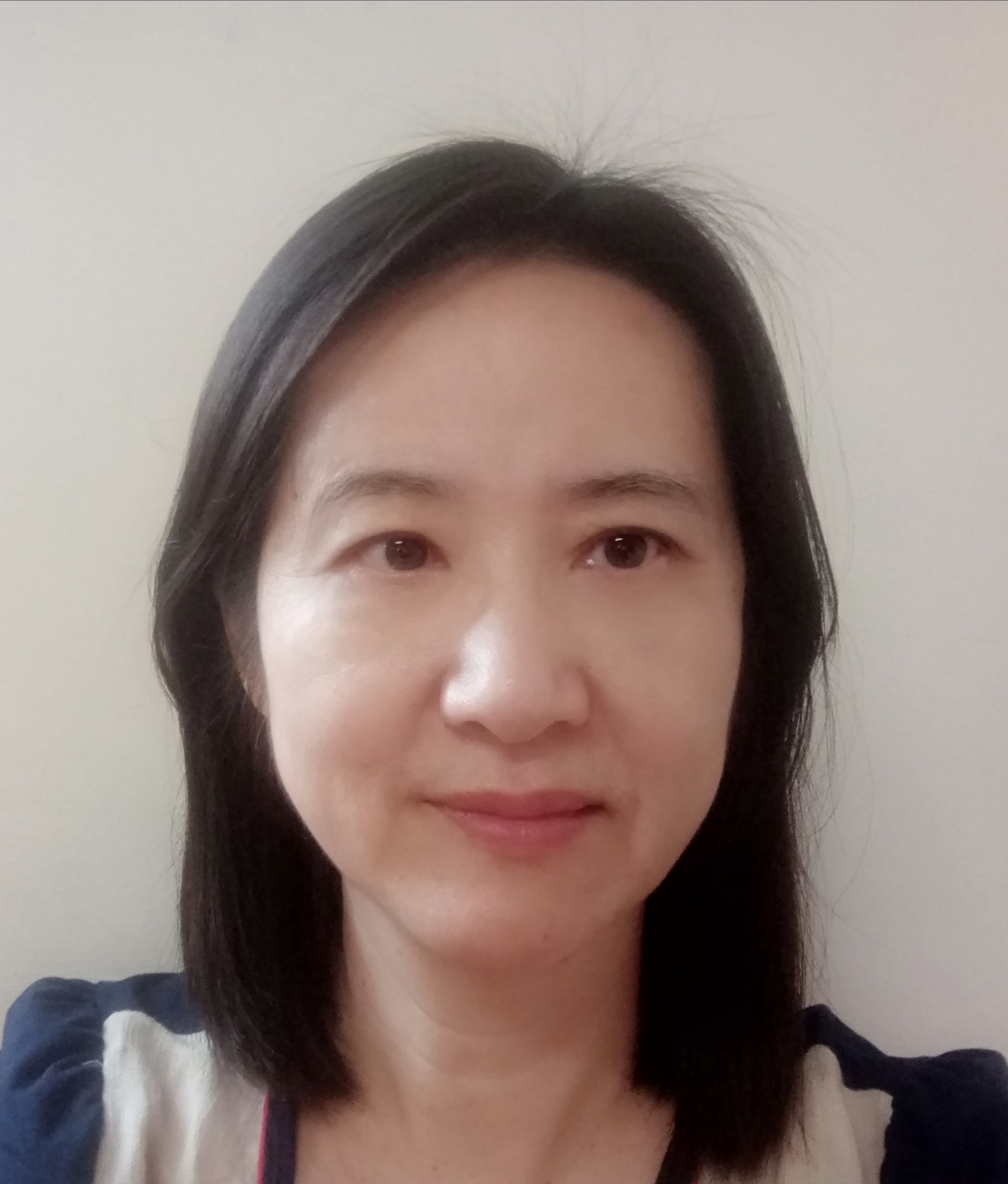
Prof. Hui-Wen Huang
Shaoguan University, China
Dr. Hui-Wen Huang is a professor in the College of Education at Shaoguan University, Guangdong, China. She completed her Ph.D. degree in curriculum and instruction with a focus on online education from the University of Idaho, U.S.A. Prior to her current position, she had worked in various universities, including Taiwan, the U.S., and Mainland China, as a faculty member in teaching and research over the past two decades. Her recent work involves artificial intelligence (AI) in education and mental health. Dr. Huang has published more than 30 SSCI-indexed journal articles and international conference proceedings indexed by EI Compendex on educational technology, technology-supported mental health, and human-AI interactions. She has actively served the academic communities, either as an invited speaker or technical committee member, in different international conferences over the past five years. She has been working with different scholars in Japan, Australia, and the U.S. to help EFL learners develop cross-cultural competence since Spring 2020. Recently, she is working on applying AI technologies in education and psychology.
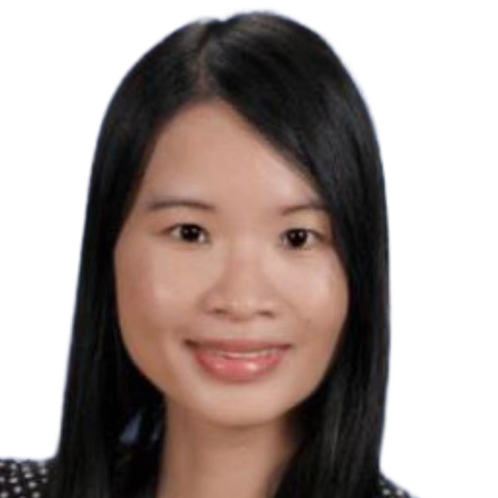
Dr. Sumei Wu
Beijing Normal University, China
Dr. Sumei Wu is an Assistant Professor in the School of Foreign Languages and Literature at Beijing Normal University in China. She received her PhD of Philosophy in Education from Southern Methodist University in Texas, the United States. Her research interests include telecollaboration for foreign language (teacher) education, and the integration of advanced technologies (e.g., Artificial Intelligence, Mixed-Reality Simulations) in foreign language (teacher) education. She has published articles in top journals, such as Computer Assisted Language Learning, CALICO, Language Learning & Technology, and Educational Psychology Review.

Prof. Haisheng Pan
Tianjin University, China
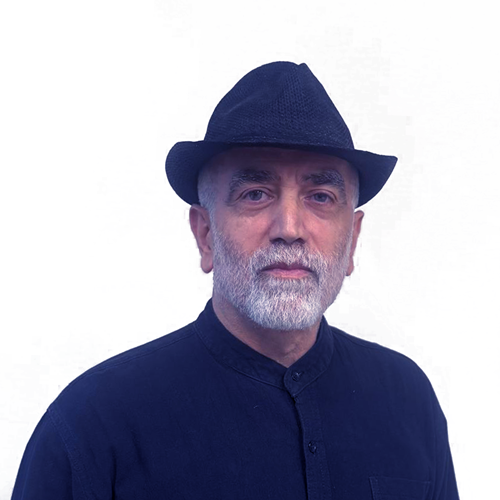
Assoc. Prof. Abdurahman Gülbeyaz
Nagasaki University, Japan
Abdurrahman Gülbeyaz is a scholar whose work sits at the intersection of language philosophy, semiotics, and the study of meaning-making across human and non-human intelligences. Educated in Turkey and Germany in linguistics, musicology, and medical sociology, he earned his doctorate at Osaka University with a dissertation on transformation processes in linguistic and musical behaviour. Since 1999, his research has explored how social transformation processes interact with key semiotic systems—especially language, music, and religion—linking these to the human condition in both stable and conflict-ridden societies.
Engaging, among others, with traditions from Saussure to Chomsky and Bourdieu, his contributions to language philosophy examine language as not only the expression of a life-enabling and -sustaining substratum — a pendulum swinging between difference and communication — but also as the principal stage on which the activities of building, fortifying, and maintaining sociopolitical power are enacted. In language acquisition and teaching theory, he has developed practice-oriented models that move beyond the Skinner–Chomsky dichotomy. His writings and lectures often critique the “native speaker” myth, emphasize the teacher’s paradoxical role in shaping acquisition outcomes, and integrate critical media theory into language education.
Gülbeyaz’s inquiry into meaning generation extends to comparative studies of biological and non-biological forms of life as he defines them, investigating complex sign processes and the plasticity of communicative systems. He conceives semiosis as the basic input-output system of all such life on earth, with direct implications for AI, translation studies, and research into cognitive resilience in expanded linguistic repertoires. Currently Professor at Nagasaki University’s Faculty of Global Humanities and Social Sciences, he continues to teach and publish widely, advancing interdisciplinary understanding of how meaning is created, negotiated, and transformed in both human and machine minds.
Speech Title: A Reassessment of the Role of the Human Instructor in GenAI-Equipped Learning Environment – Quid nunc de magistro fiet? –
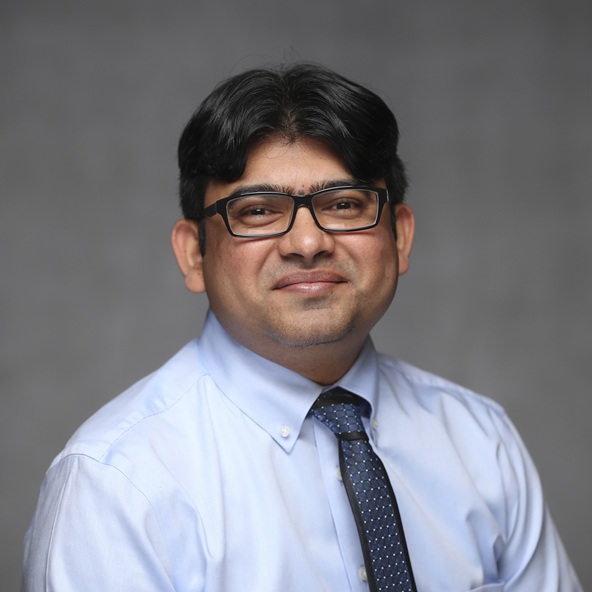
Assoc. Prof. Muhammad Hassan Raza
Missouri State University, USA
Dr. Raza is an associate professor at Missouri State University, United States. He is a theorist and a methodologist. He is the author of two souls one reflection, the multilevel community engagement model, and love, relationships, and society. He is the creator of Multilevel Engagement Theory, Teaching Theory, and Human and Cultural Development Theory. He teaches courses related to family relationships and development, scientific theories, research methods, statistics, and program evaluation.
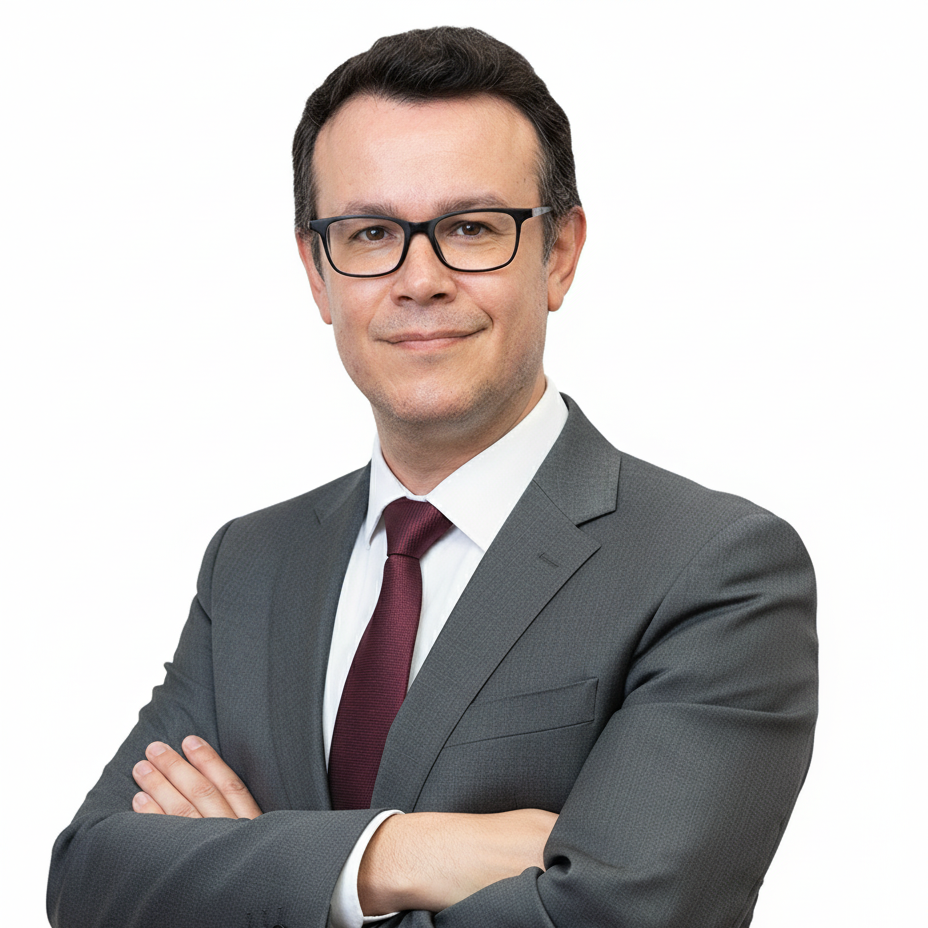
Prof. Delfín Ortega-Sánchez
University of Burgos, Spain
Prof. Dr. Delfín Ortega-Sánchez is Full Professor of Didactics of Social Sciences at the University of Burgos. He holds three doctoral degrees, PhD in Didactics of Social Sciences (Universitat Autònoma de Barcelona), PhD in Education (University of Burgos), and PhD in the History of the Americas (University of Extremadura), each awarded with an Extraordinary Doctoral Award. His research focuses on education for democratic citizenship, the curricular inclusion and didactic treatment of controversial issues and social problems, literary education, equality, transdisciplinarity, and the pedagogical use of educational technology.
Currently, he serves as Vice-Rector for Institutional Relations, Culture, and Social Projection at the University of Burgos, and as Director of the Chair in Human Rights and Democratic Culture - Auschwitz Birkenau National Institute, the only one worldwide in direct collaboration with the Auschwitz-Birkenau State Museum. In recognition of his impact, he was distinguished among the world’s top ten Social Sciences researchers in the USERN 2022 World Prize.
Speech Title: Adaptation and Psychometric Validation of the BALESST-AI Scale